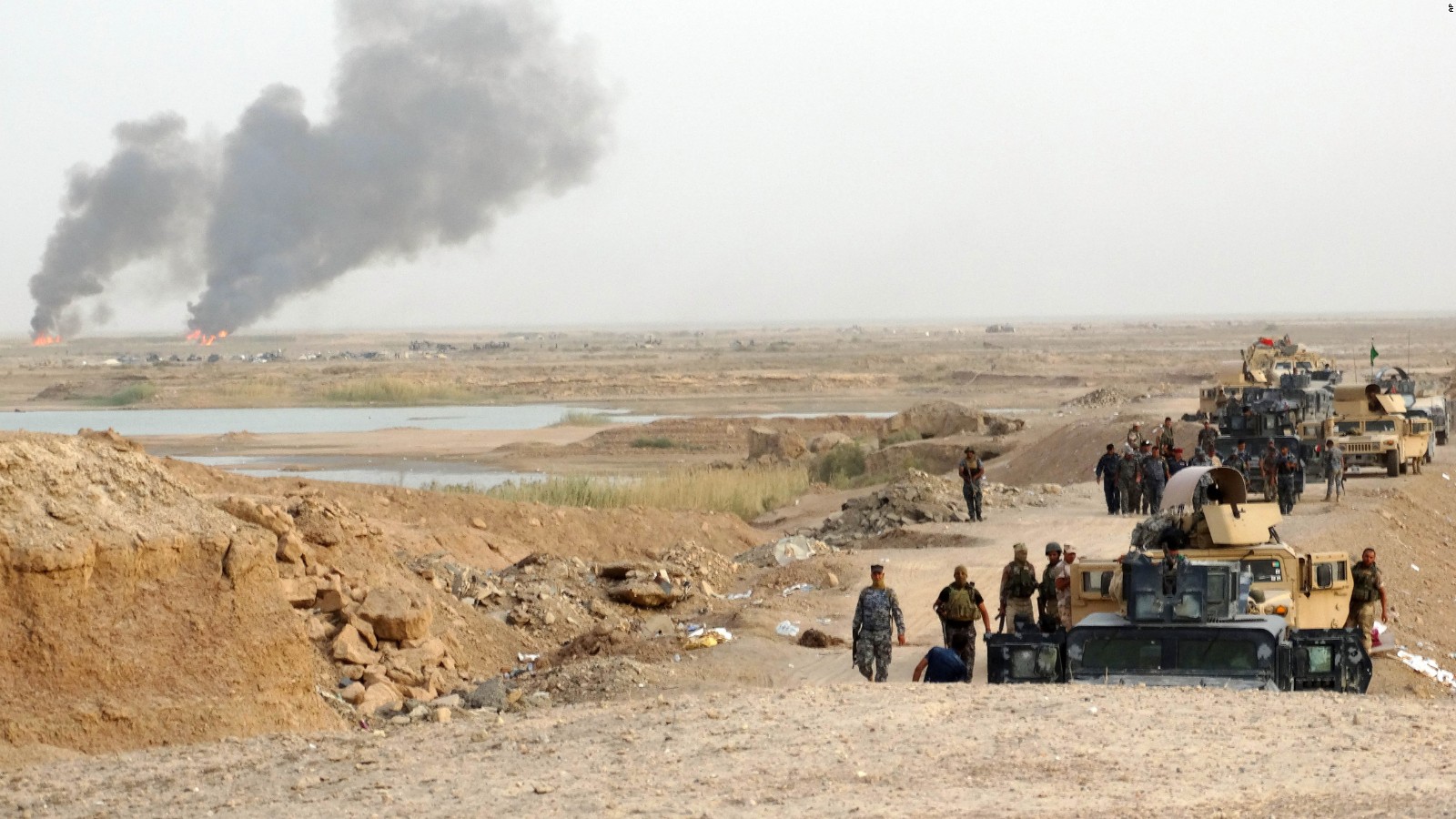The U.S. is investigating what it believes are "credible" reports that ISIS fighters used mustard agent in an attack against Kurdish Peshmerga this week, causing several of them to fall ill, U.S. officials working in at least three separate parts of the Obama administration said Thursday.
All
of them strongly emphasized more intelligence is being
gathered on
exactly what may have happened near the town of Makhmour in northern
Iraq. While there have been accounts posted in social media about the
incident, the officials said they have independent information that
strongly led them to assess there was a use of chemical weapons. The
officials would not tell CNN what evidence led them to this belief.
The
officials emphasized the intelligence indicates it was likely a small
amount of chemical agent and a low concentration. U.S. officials are
concerned, but this is not considered to be a massive attack.
A German Ministry of Defense spokesman told CNN it cannot confirm or
rule out that there was a chemical weapons attack in the region where
German military advisers train Peshmerga.
A
senior U.S. official said that ordnance fired at Peshmerga last week in
northern Iraq produced a small number of injuries with "wounds
consistent with a blister-producing agent."
The
U.S. believes ISIS, also known as ISIL, most likely used either mortar
or rocket shells to deliver the chemical warfare agent. One official
said those who fell ill had symptoms of breathing problems believed to
be associated with mustard gas and not chlorine gas, which is another
agent that its believed the Assad regime has used on its civilians in
Syria.
A Peshmerga officer, Brig. Gen.
Sirwan Barzani, told CNN the attack took place near Makhmour late
Wednesday. Barzani said the ISIS fighters fired mortar shells carrying a
chemical agent that the Peshmerga had not encountered before.
Barzani
said Peshmerga fighters suffered breathing difficulties and skin
injuries, and based on this, the Persherga suspect that the agent was
mustard gas. The substance has not yet been tested, though samples have
been given to coalition members, Barzani said.
The
injured soldiers were transferred to a hospital in Irbil, 40 kilometers
from the front line, but the doctors there have neither the experience
needed to treat the types of wounds they are seeing, nor the equipment
to test the substance used in the attack.
Barzani
said that emphasized that encountering such a substance so far from
Irbil "is very dangerous," and he said there was an urgent need for
protective gear.
A U.S. official said ISIS had used chlorine in the past, but that it is hard to weaponize.
The
major question for the U.S. intelligence community now is to determine
exactly what happened, and if it is mustard gas, to try to figure out
how ISIS came into possession of it. Officials tell CNN it may have come
from old chemical weapons caches in Iraq or Syria that the U.S. does
not know about.
U.S. Rep. Adam Schiff,
D-California, ranking member of the House Permanent Select Committee on
Intelligence, told CNN's Wolf Blitzer, "If they do possess these kind of
weapons ... my guess is they're more likely to have gotten them as old
weapons left over in Iraq from the old WMD program" than from "some kind
of a hidden cache" in Syria.
It's not known how much of the agent ISIS may have.
"Did ISIS find some mustard gas shells?" one official asked. "We think they did. We think they have used it."
According
to the Centers for Disease Control and Prevention, mustard gas, also
known as sulfur mustard, is a chemical warfare agent. The agent was
developed during World War I and was banned by treaty in 1993. While it
is usually not fatal, according to the CDC, it can cause blistering of
the skin, eye pain and blindness, as well as respiratory problems.
Blake
Narendra, a spokesperson for the State Department's Arms Control,
Verification and Compliance Bureau, said, "We continue to take these and
all allegations of chemical weapons use very seriously. As in previous
instances of alleged ISIL use of chemicals as weapons, we are aware of
the reports and are seeking additional information. We continue to
monitor these reports closely, and would further stress that use of any
chemicals or biological material as a weapon is completely inconsistent
with international standards and norms regarding such capabilities."
CNN has previously reported claims from monitoring groups that ISIS used chlorine weapons against Kurdish forces.

No comments:
Post a Comment